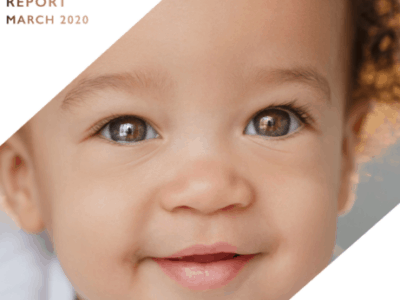The quality of attachment between a child and primary caregiver is a powerful predictor of the child’s outcomes in life. In a healthy attachment, the child learns to trust their caregiver based on the caregiver’s positive and consistent response to the child’s needs. This sense of trust provides a child with the confidence they need to explore their environment and gain a sense of self-esteem
The Safe Babies program promotes secure attachment for infants and toddlers in foster care in the Texas counties of Tarrant, Dallas and Harris. The program goals are to remediate the effect of inadequate caregiving that the child previously experienced, and limit the institutional trauma that infants and toddlers commonly experience as they move through the child welfare system.
The Steve Hicks School’s Texas Institute for Child & Family Wellbeing recently conducted third-party evaluation of the Safe Babies program.
Key findings
- Birth and foster parents feel more supported and empowered, increase communication and collaboration, and demonstrate more sensitive parenting due to the coparenting environment that Safe Babies promotes.
- Professionals involved in Safe Babies demonstrate a strong alliance with one another and families. They also support a growing culture of healthy attachment and development support for infants and toddlers in the child welfare system.
- Safe Babies connects children with essential health and developmental supports during a critical period of growth and will continue working with partners such as Early Childhood Intervention to improve service coordination and delivery.
Recommendations
- Continue to develop opportunities for stakeholder meetings and input across counties to foster more supportive communities for infants, toddlers, and families in child welfare.
- Integrate trainings and best practice sharing with DFPS staff and leadership to enhance collaboration within the child welfare system.
- Continue direct services and evaluation to improve the network of referrals and support for infants, toddlers, and families in child welfare and examine progress toward long-term outcomes.
- Expand community collaboration and infrastructure in order to create a more developmentally-informed child welfare system


